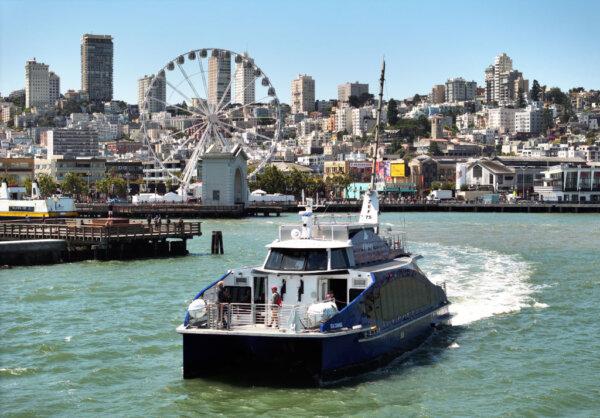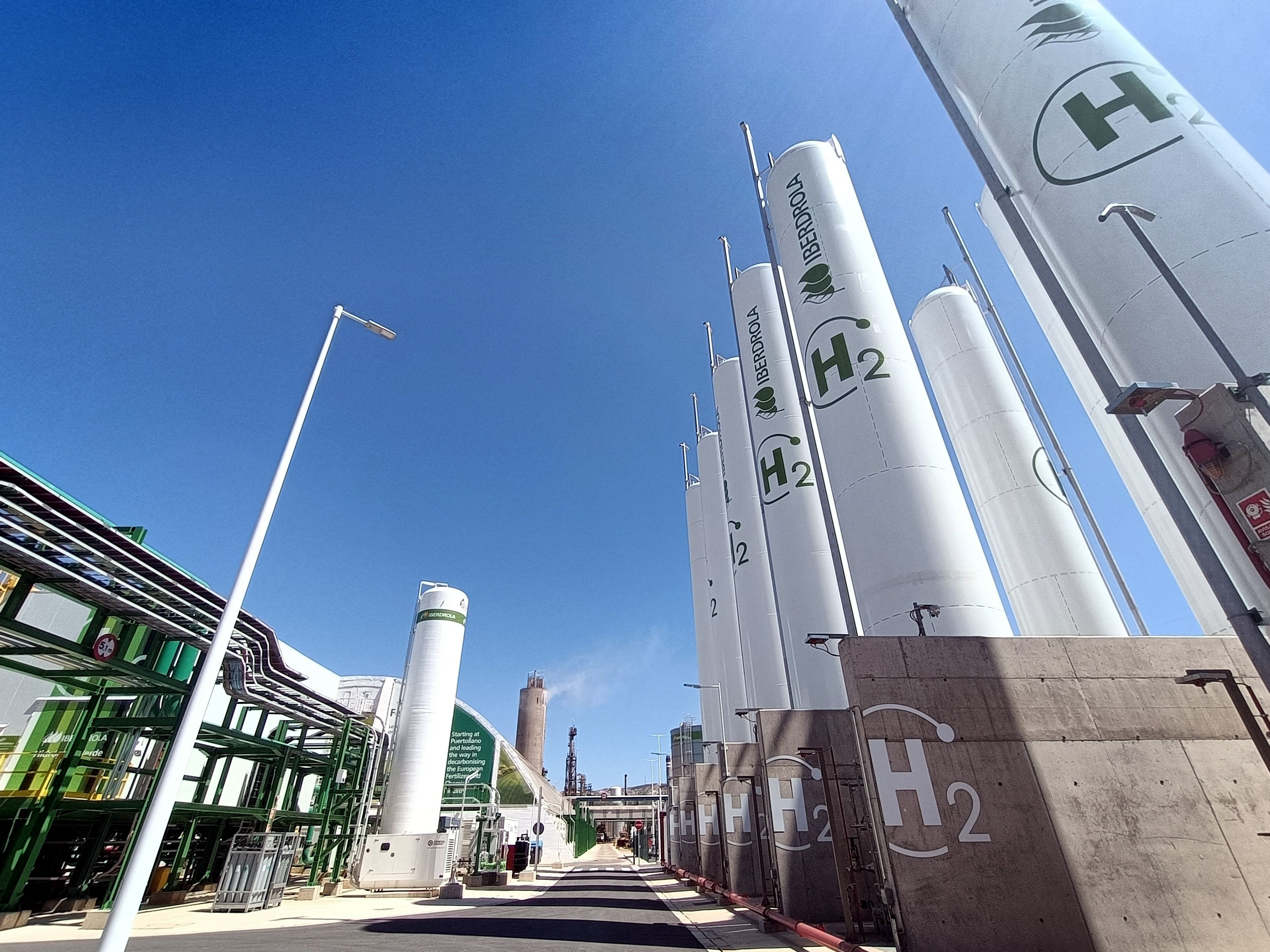California will have the nation’s first so-called hydrogen hub—a network that produces hydrogen for various needs including powering vehicles and generating electricity—after federal officials announced July 17 they have signed a $12.6 billion agreement to bring the technology to the state, according to the office of Gov. Gavin Newsom.
The grant stems from the Bipartisan Infrastructure Law, which was signed by President Joe Biden in 2021 and championed by California state Sen. Alex Padilla, a Democrat.
“California is leading the nation with the first hydrogen hub to sign a cooperative agreement, and we will continue to lead by decarbonizing goods movement, the energy sector, and heavy industry,” Mr. Padilla said in a statement July 17.
According to the governor’s office, the hydrogen hub will facilitate renewable hydrogen production that will cut fossil fuel use throughout California by 2 million metric tons annually.
It is projected to create up to 220,000 jobs in California and generate $2.95 billion annually from “better health and health cost savings,” per the governor’s office.
The project is funded by the U.S. Department of Energy and will be carried out by the Alliance for Renewable Clean Hydrogen Energy Systems—known as ARCHES—a state initiative working to accelerate hydrogen projects by building necessary infrastructure.
It’s not clear when the infrastructure for the hub will be complete. ARCHES officials only said that they hope the project helps the state get closer to achieving a carbon-neutral economy by 2045.
Leaders behind the initiative said they plan to build, as part of the hub, more than 10 sites to produce renewable hydrogen to provide energy for the ports of Long Beach, Oakland, and Los Angeles.
“The Department of Energy’s announcement to fund ARCHES is a monumental step forward in the state’s efforts to achieve its air quality, climate and energy goals, while improving the health and well-being of Californians and creating new green jobs across the state,” said ARCHES CEO Angelina Galiteva in a statement July 17.
ARCHES also plans to build more than 60 hydrogen fueling stations for more than 5,000 electric trucks and 1,000 electric buses in cities across California, and to assist the Los Angeles Department of Water and Power and the Northern California Power Agency in transitioning “key power plants” to hydrogen.
A spokeswoman for ARCHES told The Epoch Times that the hydrogen hub project will encompass the entire state of California.
In addition to the projects at major state ports, “power plants in Northern California, Southern California, and Lancaster, as well as on the federally recognized reservation of the Rincon Band of Luiseño Indians, will all be part of this initiative,” she said.
The announcement comes after California was also selected in 2023 as the recipient of a $1.2 billion grant from the Department of Energy to accelerate the development of renewable hydrogen.
Also, on July 19, the San Francisco Bay Ferry will launch the world’s first-ever hydrogen-powered ferry, the “Sea Change,” for a six-month demonstration period showcasing zero-emission maritime technology.

In an aerial view, the San Francisco Bay Ferry MV Sea Change, the world's first zero-emission hydrogen-powered commercial passenger ferry, navigates the San Francisco Bay in San Francisco on July 19, 2024. (Justin Sullivan/Getty Images)
The governor’s office highlighted the achievement as an example of California’s leadership in hydrogen-powered transportation innovation in a statement.














